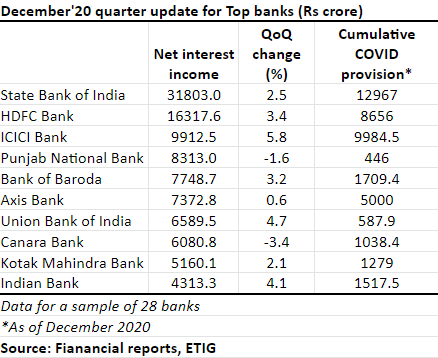Indian Bank has entered into an MoU with Society for Innovation and Development (SID), an initiative of Indian Institute of Science, Bengaluru, for extending exclusive credit facility to start-ups and MSMEs.
SID is the forerunner in setting up joint R&D with industries and supporting start-up incubation and it provides support to the MSME sector by providing joint research and development arrangements, technical and financial support for incubation, acceleration of high-end technology products under its department named “TIME2.” (Technology Innovation for Midsized Enterprises).
Under the MoU, SID will identify the start-ups and MSMEs based on their credentials and past experience and will refer to the list of such members who require financial assistance to the Bank.
The initiative is a part of the bank’s scheme “Ind Spring Board for financing Start-ups” and will empower start-ups and MSMEs to realise their research efforts powered by financial support from the bank and backed by incubation facilities offered by SID.
The bank will extend loans of up to ₹50 crore to these start-ups for their working capital requirements or for purchase of machinery, equipment, etc. This initiative, which is mutually beneficial for the bank and IISc, will be the springboard for start-ups to realise their ambitions.
Indian Bank had also recently launched “MSME Prerana” programme to empower MSME entrepreneurs through skill development and capacity building workshops in local languages.
The MoU was signed by Sudhakar Rao (GM, MSME, Indian Bank) and Prof B Gurumoorthy, Chief Executive, SID. Representatives of Indian Bank. Rohit Rishi (FGM, Bengaluru), and P Lakshmi Narayana (ZM, Bengaluru) along with representatives of SID, Yatishwar Dravid (Head of TIME2) and Prathap Murthy (Manager, TIME2) was also present.
